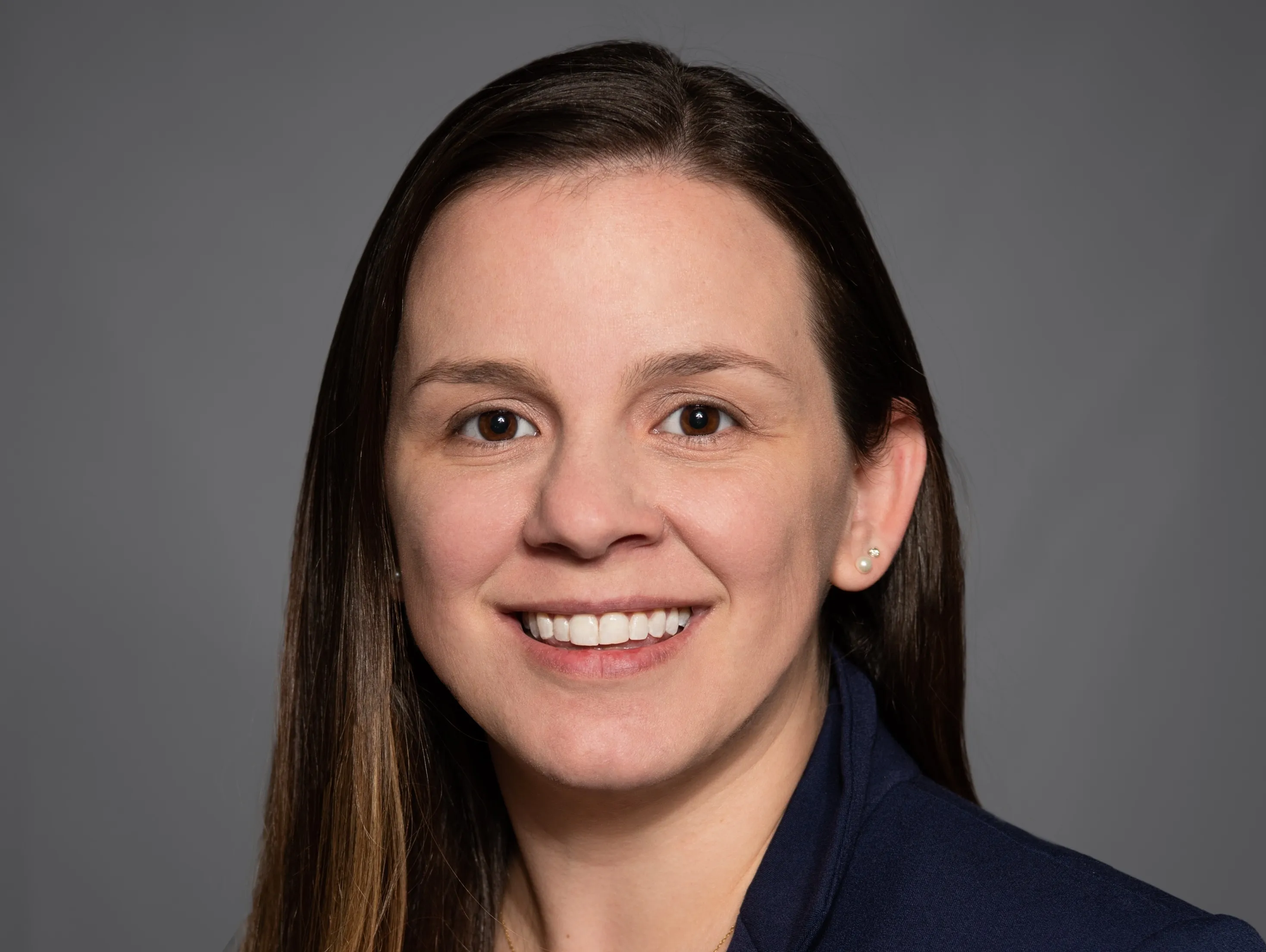Provider of shared light electric vehicle (LEV) services Scoot Networks (Scoot) has added a full fleet of electric bicycles (e-bikes) to its service to meet the needs of residents in San Francisco who are seeking more affordable and valuable transit options. Users can access the bicycles via the same app used for Scoot’s shared electric scooters.
The e-bikes come with an electric motor to make pedalling easier for terrains such as hills, but riders are required to pedal to reach the maximum speed of 20mph.
As part of the project, Scoot is also applying for San Franciso’s dockless bike sharing permit for operations and community inclusion.
Michael Keating, co-founder and chief executive officer, said: “Scoot's mission is Electric Vehicles for Everyone. Offering electric bicycles allow us to reach more people at a lower price point and give our current riders a new, convenient option for electric transportation.”
Eli Saddler, Scoot's head of external affairs, said: "Scoot has always worked closely with the city to make sure we are contributing to San Francisco's transportation goals. We look forward to meeting and exceeding the city's expectations for data sharing and providing affordable service to all San Franciscans."
Scoot expands fleet to include electric bikes in San Francisco
Provider of shared light electric vehicle (LEV) services Scoot Networks (Scoot) has added a full fleet of electric bicycles (e-bikes) to its service to meet the needs of residents in San Francisco who are seeking more affordable and valuable transit options. Users can access the bicycles via the same app used for Scoot’s shared electric scooters. The e-bikes come with an electric motor to make pedalling easier for terrains such as hills, but riders are required to pedal to reach the maximum speed of 20mph.
January 3, 2018
Read time: 2 mins









